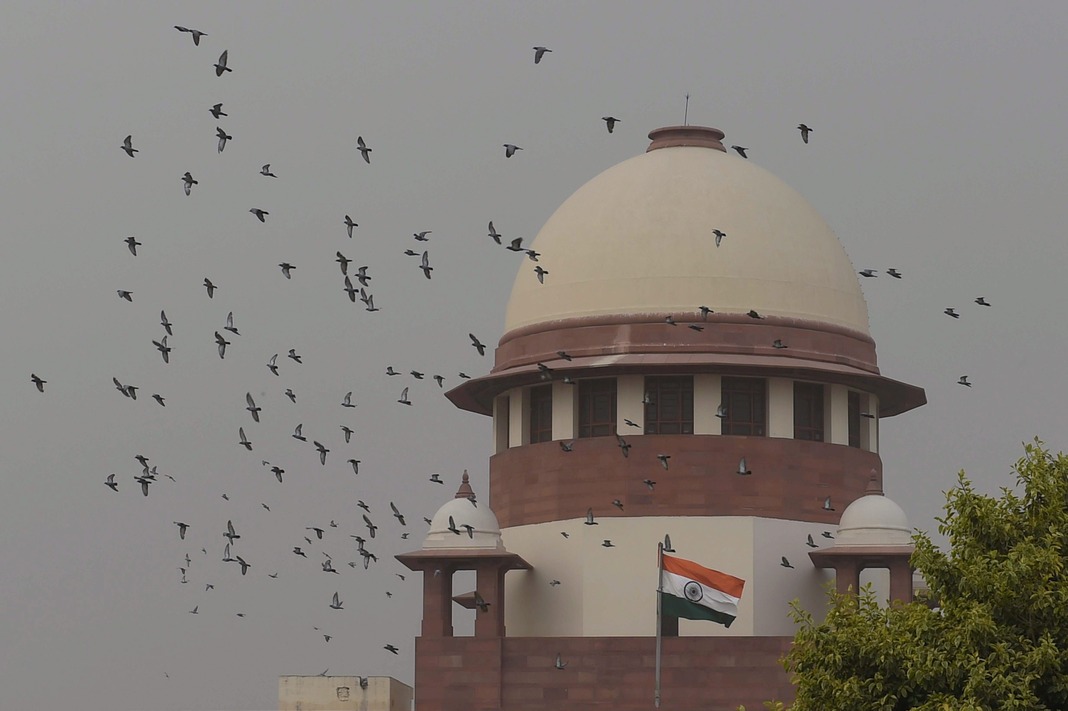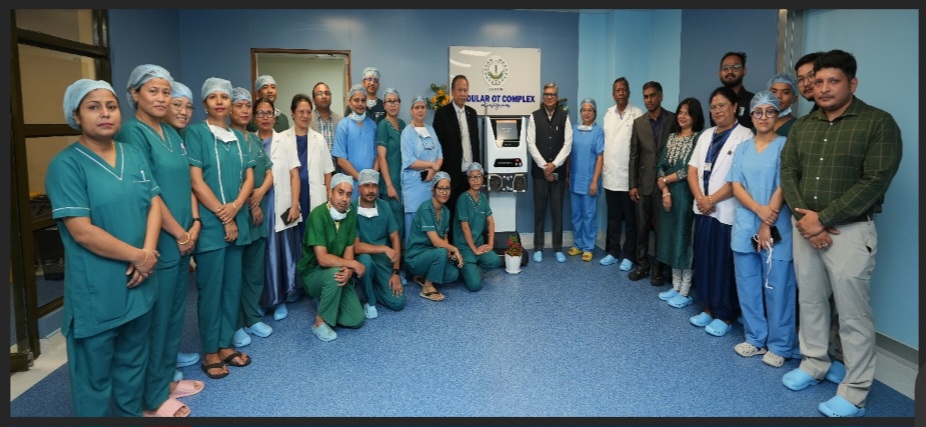New Delhi, Oct 16: The Supreme Court will on Thursday commence hearing pleas related to the question whether a man should continue to enjoy legal protection for forcing his wife, who is not a minor, to have sex with him.
A bench of Chief Justice of India DY Chandrachud and Justices J B Pardiwala and Manoj Misra on Wednesday said it will commence the hearing on the pleas on Thursday.
The hearing assumes significance in the wake of Centre’s opposition to the plea seeking criminalisation of marital rape. If sexual acts by a man with his own wife is made punishable as “rape”, it may severely impact the conjugal relationship and lead to serious disturbances in the institution of marriage, the Centre contended in the top court.
Senior Advocate Karuna Nandy, appearing for some of the litigants, mentioned the pleas before the bench at the end of day’s proceedings after it could not be taken up during the day.
“Marital rape matter will be first on board, we will start tomorrow,” the CJI said.
When Solicitor General Tushar Mehta, appearing for the Centre, sought postponement, the CJI remarked, “It is a fixed matter on board, let them start tomorrow. The matter has been mentioned several times in the past for an urgent hearing.
Under the exception clause of Section 375 of the Indian Penal Code (IPC), now repealed and replaced by the Bharatiya Nyaya Sanhita (BNS), sexual intercourse or sexual acts by a man with his wife, the wife not being minor, is not rape.
Even under the new law, Exception 2 to Section 63 (rape) says that “sexual intercourse or sexual acts by a man with his own wife, the wife not being under 18 years of age, is not rape”.
The top court on January 16, 2023, sought the Centre’s response on a batch of petitions challenging the IPC provision, which provides protection to a husband against prosecution for forcible sexual intercourse if the wife is an adult.
On May 17, it issued a notice to the Centre on a similar plea challenging the BNS provision on the issue.
The BNS, the Bharatiya Nagarik Suraksha Adhiniyam and the Bharatiya Sakshya Adhiniyam came into effect from July 1, replacing the IPC, Code of Criminal Procedure and the Evidence Act, respectively.
“We have to resolve the matters concerning marital rape,” the bench had pointed out.
According to the Centre, the matter held legal as well as social implications.
One of the cases is an appeal filed by a woman following a Delhi High Court split verdict of May 11, 2022, on the issue.
While delivering the split verdict, Justices Rajiv Shakdher and C Hari Shankar concurred on allowing petitioners to appeal in the Supreme Court as the matter involved substantial questions of law, which required a decision by the top court.
Another plea has been filed by a man facing marital rape prosecution ordered by the Karnataka High Court, which held exempting a husband from allegations of rape and unnatural sex with his wife ran against Article 14 (equality before law) of the Constitution.
Another set of pleas are PILs filed against the IPC provision, challenging the constitutionality of exception under Section 375 (rape) of the IPC. (PTI)




